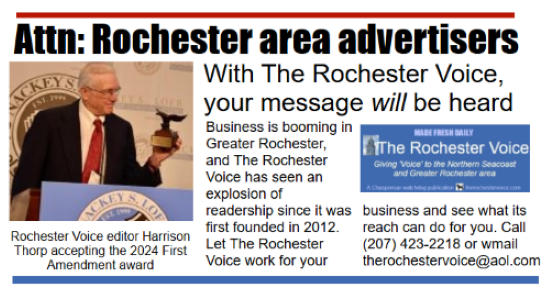For Granite State residents suffering from debilitating side effects from pharmaceutical drugs who want to use the option of medical marijuana there is finally some light at the end of what has become an agonizingly long tunnel.
Two years and three months after Gov. Maggie Hassan signed into law New Hampshire's medical cannabis bill, the first seedlings are expected to be cultivated next month, said John Martin, manager of the DHHS Bureau of Licensing and Certification.
While Martin is proud of his bureau's painstaking care in implementing the state's strict guidelines on who should be able to get the medical cannabis and under what rules it will be grown and dispensed, others like Erica Golter, executive director of New Hampshire's Norml chapter, are frustrated and bitter with what they view as the state's lethargy in getting the medical cannabis to who needs it most, the patients.
Norml, the National Organization to Reform Marijuana Laws, wants marijuana legalized across the board, but Golter, of Rochester, has also been very active in the state's medical marijuana initiative, this year advocating for and winning the battle to get Parkinson's, Lupus and epilepsy added to the conditions that could qualify the sufferer for a medical cannabis card.
 |
| Erica Golter of N.H. Norml |
Golter said people are suffering right now and the state has done them a disservice by not facilitating a fast-track to bring the program to fruition.
"I'm frustrated because I know how important it is to have this program up and running. People are dying, suffering, using other treatments that are not the best treatments," she told The Lebanon Voice earlier this month. "The Department of Health has not followed the bill's timeline.
The law states one year for the cards, not for one year to adopt rules outlining ATCs (Alternative Treatment Centers) and how they would register, she said.
Still not a single medical marijuana card has been issued, mostly because the state refuses to issue the cards until there is at least one legally sanctioned ATC ready to dispense.
All four ATCs should be ready to cultivate next month, Martin said, and should be dispensing their first product in January or February.
He said forms will be available for applying for medical cards next month.
In the meantime he is encouraging patients who want to use medical cannabis to make sure their ailment is qualified for usage. It should also be noted that besides having a qualifying ailment, the patient must also have a qualifying symptom. For example having epilepsy might not qualify a patient for medical cannabis treatment, but having epilepsy and seizures might.
So there are always two factors necessary to be granted a medical marijuana card.
In addition, the patient must have at least a three-month bona fide relationship with the doctor or advanced practice registered nurse advocating for medical cannabis as treatment option.
 New Hampshire's medical marijuana program is seen as the strictest of all New England states, far more strict than Maine laws, which allow caregivers to grow and dispense medical cannabis directly to patients who have been qualified by a physician.
New Hampshire's medical marijuana program is seen as the strictest of all New England states, far more strict than Maine laws, which allow caregivers to grow and dispense medical cannabis directly to patients who have been qualified by a physician.
In New Hampshire patients will have to travel to one of four dispensaries throughout the state, half of what Maine has. In New Hampshire a caregiver is someone who might be sanctioned to travel to the dispensary and pick up the medical cannabis if the patient was housebound, but they can't grow it, so their scope of "caregiving" is far less.
Ted Rebholz of Temescal Wellness Inc., will be operating an ATC in Dover, though the exact location for dispensing has not been selected.
Temescal will supply medical marijuana for Rockingham, Strafford and Belknap counties.
Rebholz said earlier this week he expects to be serving patients sometime in the first quarter of 2016.
Meanwhile, the Rochester ATC expected to be located on Spaulding Avenue, Sanctuary ATC, will serve the three northernmost counties.
Martin noted the state wanted a tightly controlled and narrow distribution network and his department had crafted all the regulations targeted at limiting the possibility of illegal activity and making sure only those qualified were allowed to grow it, distribute it and use it.
He said the ATC applications were some 1,000 pages and there are 50-page ATC rulebooks.
All of the ATCs have to comply with DHHS guidelines as well as local ordinances and work with police to make sure the medical cannabis being grown is not diverted or distributed illegally.
All of this attention to detail, however, doesn't impress Golter, whose main concern is the people who need it.
Regarding the program's inertia, she quipped, "Where do you place the blame? It can be evenly distributed."
State Rep. John Burt, R-Goffstown, who supported the bill, said he got onboard after hearing the testimony of a child who was having seizures that were all but eradicated after using medical cannabis. He said he feels bad for New Hampshire children like them who need the help now.














